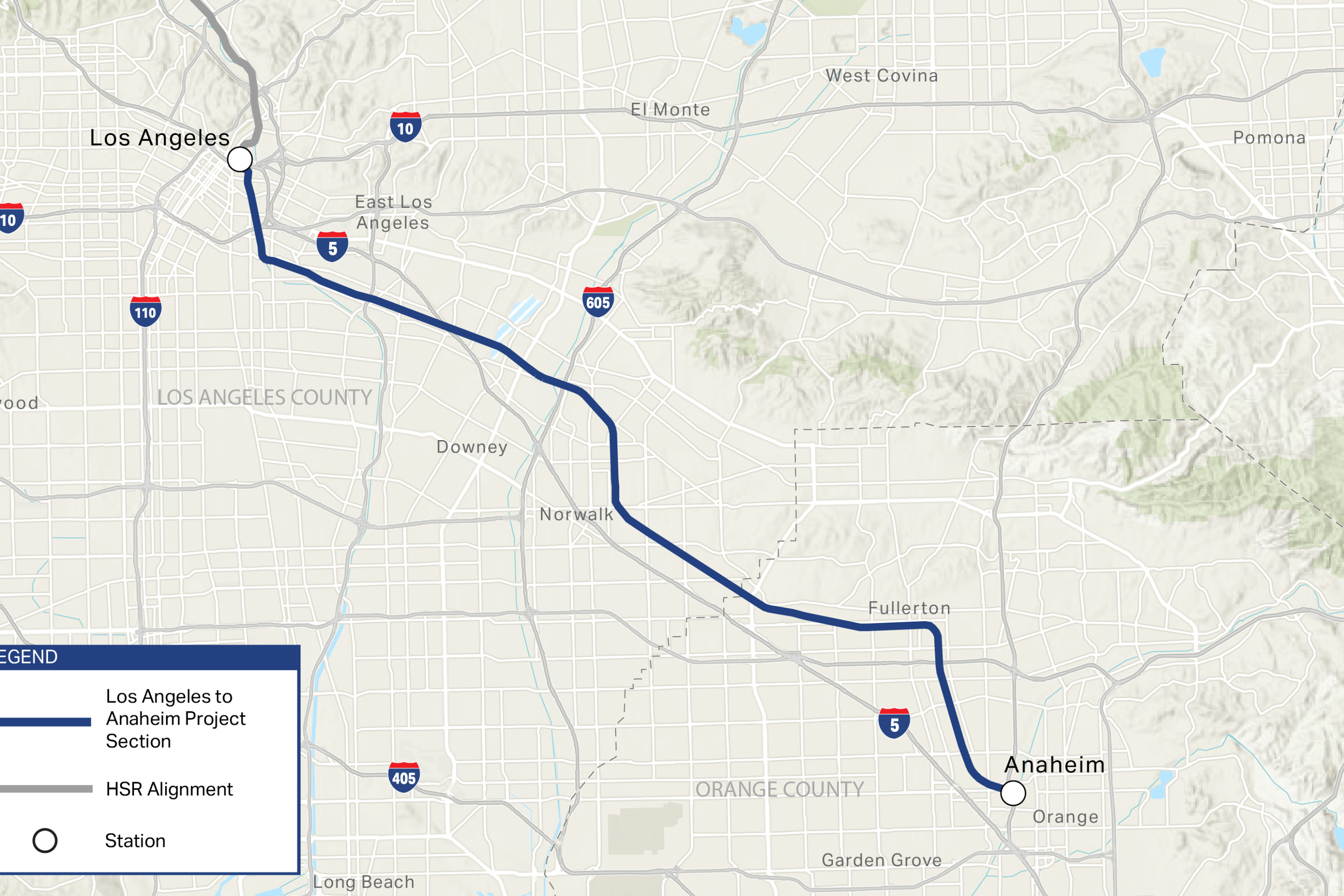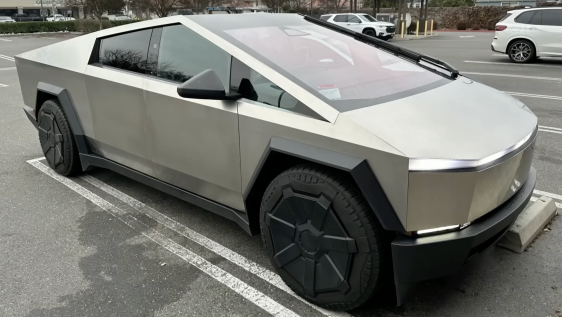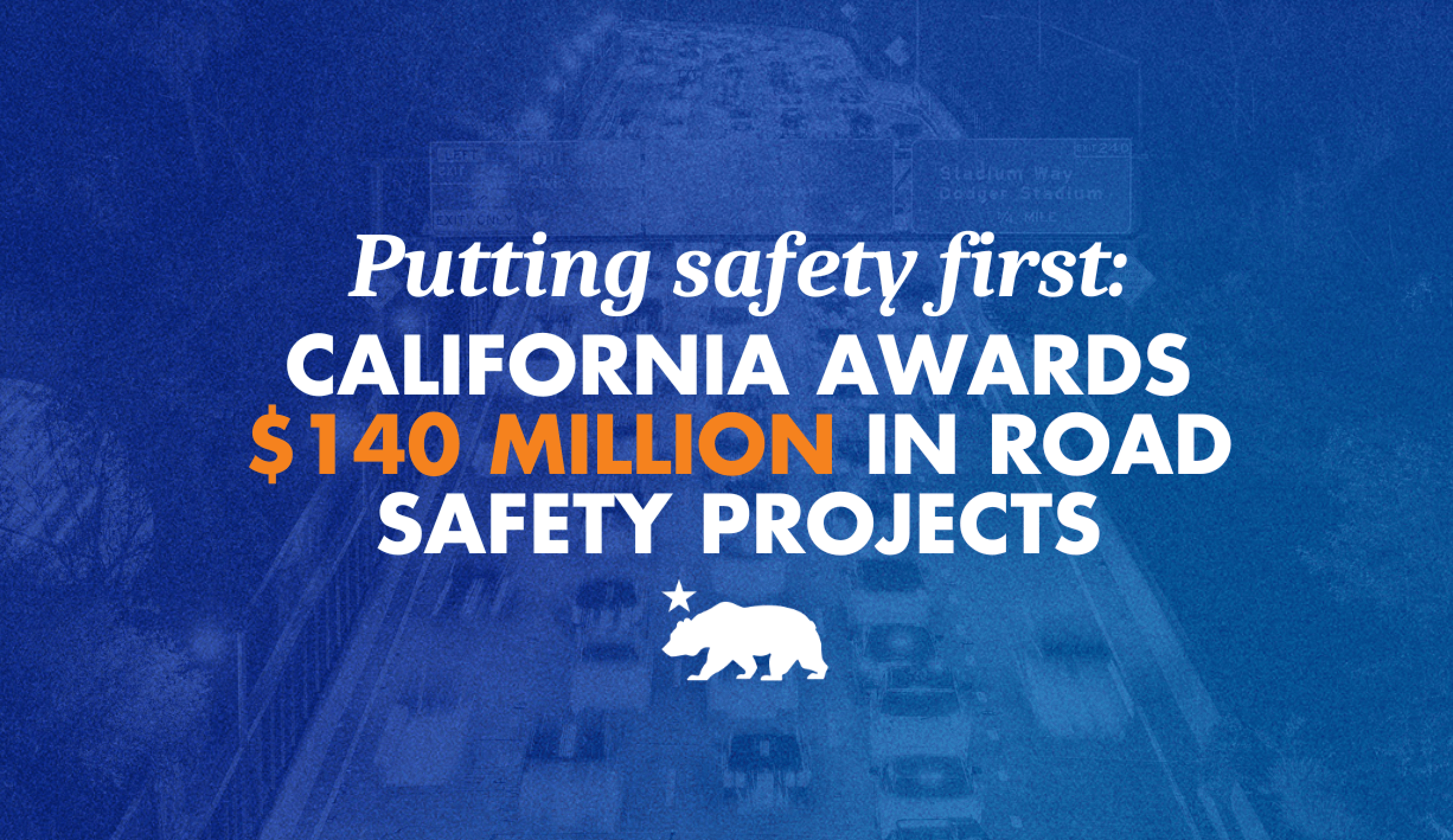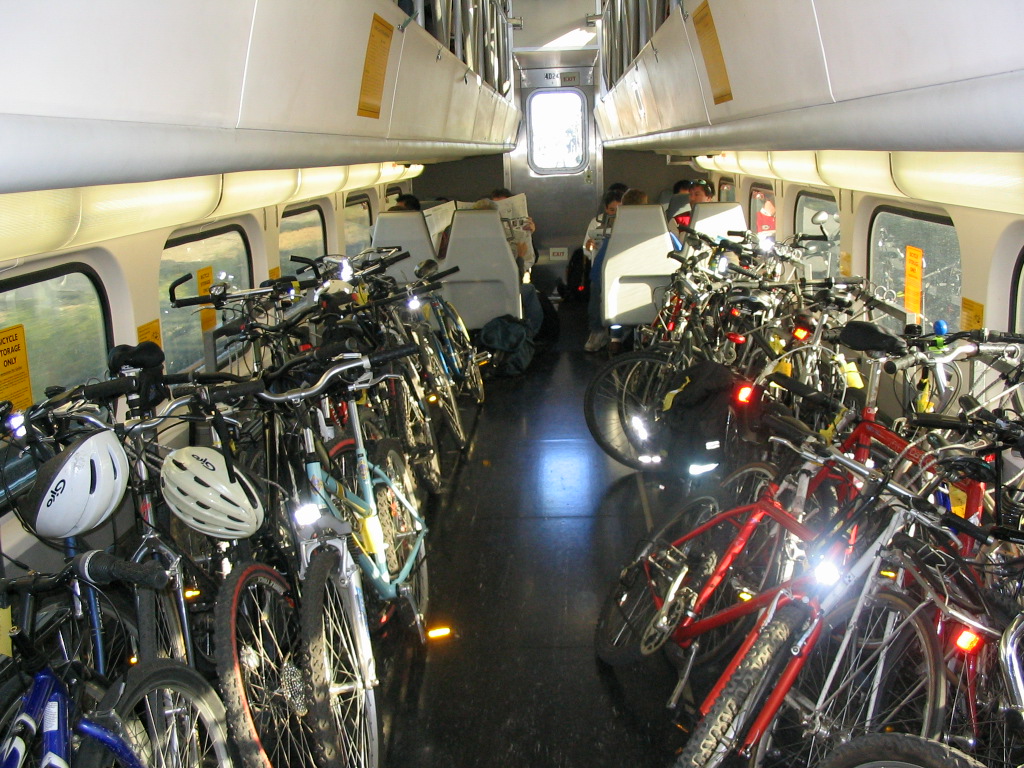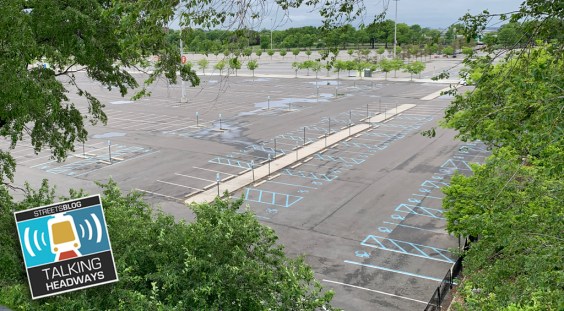
Monday evening, the San Francisco Bicycle Coalition held the second of its first three scheduled "Bike Talks," a series it plans to continue to foster discussion and help shape its advocacy.
Here's how the SFBC describes the meetings:
Here at the San Francisco Bicycle Coalition, we know our members love to dig deep on the details of the policies that guide our everyday lives. We are excited to start Bike Talks, a series of policy-focused discussions to engage our membership more deeply in our organization’s advocacy work. Each discussion will have a theme and bring in members and experts on the topic to grow the dialogue.
Monday night's discussion, which featured Nick Josefowitz, BART director representing District 8 (which includes parts of San Francisco) and father of new baby twins, focused on the future and past of BART and how it can be more accommodating to cyclists. Remember it was less than three years ago that bicycle advocates scored a major victory when BART finally dropped its ban on bikes during rush hour. That was part of a shift in BART's management and philosophy, explained Josefowitz. "We've gone from a board with a suburban vision of BART, where everybody drives to a station, finds free parking, and then takes a Cadillac, armchair-style BART into downtown," he said. Josefowitz said the new BART cars will have smaller, more subway-style seats to carry more people. "It took ten years of advocacy by TransForm, Bike East Bay, and SFBC, but now the general managers, executives, planners—everybody at BART realizes we do not want to double down on suburbs and cars, because there is a better way of doing things."

Josefowitz reiterated where he stands on the push-pull about station area development, density, and parking. "Do you allocate [space] to people who want to drive to a BART station by building parking, or do you allocate it to people who want to live in an apartment building and walk to the train? I come down firmly: we should be allocating those scare resources to people who want to live near a BART station and walk to it." And that, he said, is why it's key that advocates make sure they know who to vote for on all levels of government—and where they stand on those conflicting priorities.
Speaking of voting, Josefowitz repeated a pitch he made in a Streetsblog editorial for the potential $3.5 billion BART bond. The arguments in favor (improved reliability and speed and increased capacity) should be familiar by now to Streetsblog readers. But the group also talked about day-to-day experience of cyclists trying to use BART. One issue brought up is the poor condition of elevators, which makes it challenging to access the deeper BART stations if you have trouble carrying a bike on stairs.
"Our elevators are a real problem," Josefowitz agreed. "We only have one at each station and some date back to the 1960s and they're too small. I really want to fix the elevators for kids, for the disabled, and for bikes." That said, Josefowitz doesn't see it getting solved soon, given BART's other priorities such as updating signals and replacing basic infrastructure. The rails themselves, he explained, are so worn that they will soon become unusable if something isn't done.
"[The breakdown of the Metro in] Washington DC is every transit system's worst nightmare," he said, noting that DC Metro is about the same age as BART. "Some of their extensions are really great but they didn't put money into basic infrastructure and now they're faced with taking bits of the system out of service for months at a time." If that happened with BART, it would devastate the Bay Area economy, he explained, given how dependent the region is on the Transbay tube. "We can't get into that type of situation."
He also talked about proposals for a second BART tube, which he said should link Caltrain to the Amtrak Capital Corridor to allow seamless movement of trains throughout the Bay Area. This, he said, should be modeled on London's Crossrail Project, which will join surface rail routes from opposite ends of London.
To make these visions happen, Josefowitz stressed the importance of staying active with groups such as TransForm, SPUR, Bike East Bay, and the San Francisco Bicycle Coalition. "Keep speaking up and talking to people. If we all work on these issues, we'll get the transportation infrastructure we need for ourselves, for my two little twins, and for everybody else to come."
The next talk, on May 19, will be about Reforming the California Environmental Quality Act. It will start at 5:30 pm at the San Francisco Bicycle Coalition, 720 Market Street, San Francisco.

